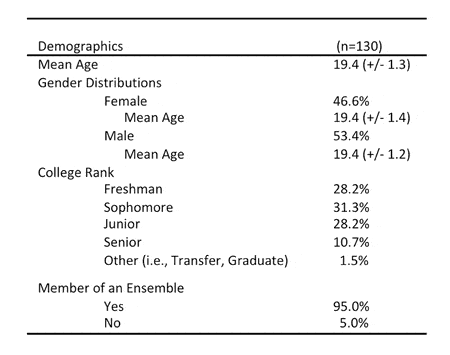UK Earbuds Study Shows Damaged Nerve Cells from Listening to Loud Music
Researchers from the United Kingdom’s University of Leicester have shown for the first time that turning the volume up too high on headphones can damage the coating of nerve cells, leading to temporary deafness.
Read More





